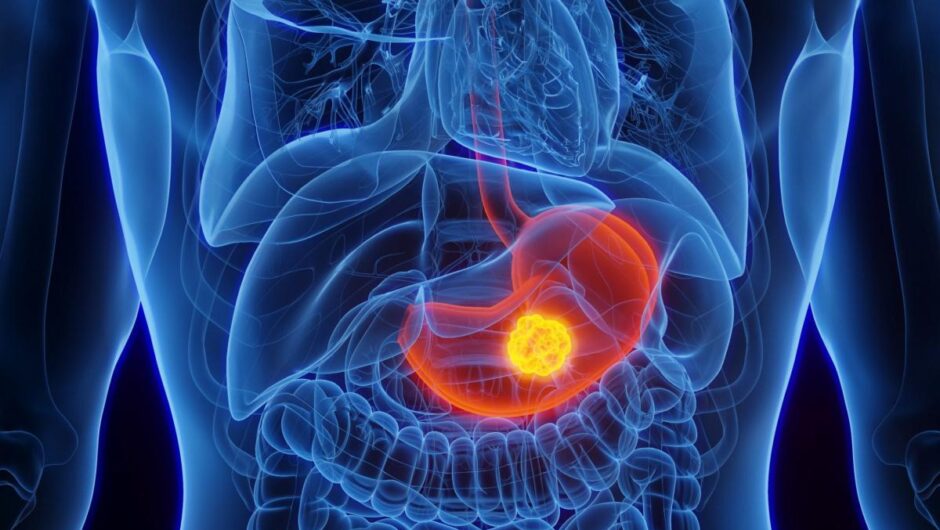[ad_1]
One of Wales’s most eminent doctors says the impact of Covid 19 was “completely underestimated” at the outset of the pandemic.
Professor Sir Mansel Aylward, an ex-chairman of Public Health Wales who is still recovering after testing positive for coronavirus himself, said he was as much to blame as anyone else.
Although he said the NHS “did as well as it could” in dealing with the pandemic’s effects, Sir Mansel told BBC Wales governments and health organisations failed to appreciate how serious Covid was in the early stages.
“The big lesson that has to be learnt is that the virus itself and its effect was completely underestimated,” he said.
He also said there was a failure to properly plan for the risk of a global pandemic over a number of years.
“The under-estimation of the virus meant people understandably said, including my colleagues, it’s only a mild cold, sniffles, mild influenza,” he said. “That was wrong and we should have been on to that much more quickly”.
He added: “I’m to blame as much as anybody else. I was chair of Public Health Wales for eight years. And each year we had a couple of days where we planned for a pandemic.
“So yes, I think we were prepared ‘theoretically’ about what we should be doing, But we weren’t prepared in the way of doing something concrete at the beginning, well-planned, well-written out.
“We could have done more much more quickly, but when the NHS got around to it, once we got moving we did go ‘above and beyond’ and that’s the silver lining, the way people worked together, communities understood and listened and there was much closer working between health and social care.”
Read More
Related Articles
Read More
Related Articles
In the interview, Sir Mansel also spoke about his own struggle to recover from the virus after testing positive in the first wave and ending up in hospital last April.
The 78-year-old had multiple clots in both his lungs and described his condition as “life threatening”.
But has found the long-term effects, which included severe depression, the most debilitating thing.
“The long-Covid as it’s known, started two or three weeks after my acute attack and that disabled me even more,” he said.
“I couldn’t sleep, I couldn’t even get out of a chair, I had to be helped, I had difficulties getting in and out of bed.
“I felt dreadful, I had days when I had depression. I wasn’t thinking properly – that’s a thing my family noticed. I found difficulty finding a word, I forgot things quickly. I said some silly things and did some silly things.”
Sir Mansel, who began his career as a GP in Merthyr Tydfil and was one of the first on the scene after the Aberfan disaster in 1966, said the virus has taken its toll on the town.
Cases in your area by postcode
It has been one of the worst-hit areas in Wales, and the effect of Covid on his home community has rekindled the memories of the disaster’s aftermath.
“I’m very upset at the number of people who were in my class at school who have died with Covid or suspected Covid,” Sir Mansel said.
“I’m talking about seven or eight people the same age as me. It’s had a major effect on the way I think.
“I’ve been to seven or eight funerals in the last two months and it’s really soul-destroying.
“I never thought, after Aberfan, that I’d face any experience like that again and even though Covid is not at that level, it has been something that’s deeply affected me, my family and my friends.”
[ad_2]
Source link



